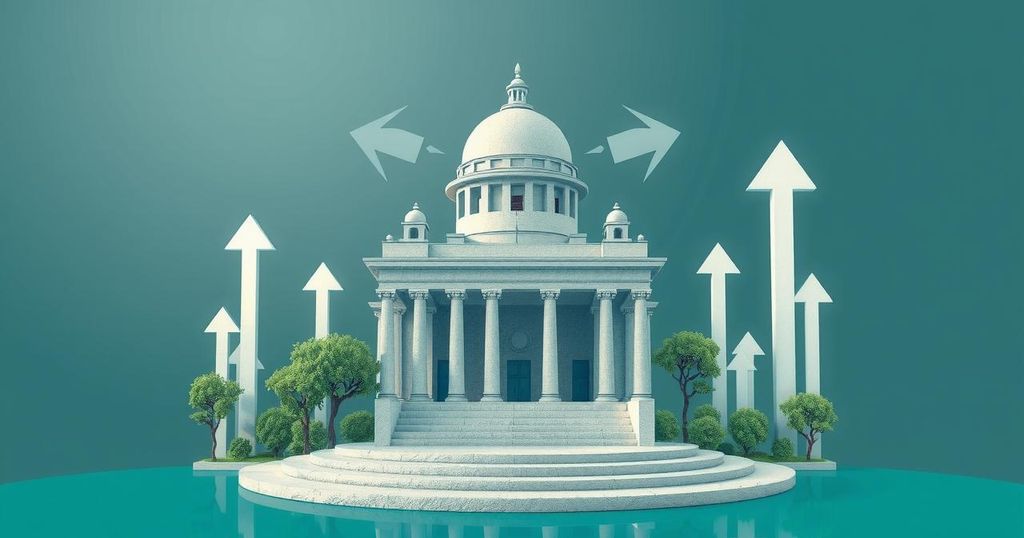Lebanon’s Cabinet Unveils Comprehensive Reform Initiatives Post-Deadlock

Lebanon’s cabinet, under Prime Minister Nawaf Salam, has launched reform initiatives across foreign policy, industry, and energy after a two-year deadlock. Key ministers have outlined the need for urgent financial reforms and regulatory frameworks to secure international support while addressing immediate challenges, including energy crises and border stability amidst regional tensions.
On February 10, Lebanon’s newly formed cabinet, weighing 24 members and led by Prime Minister Nawaf Salam, unveiled a series of reform initiatives aimed at revamping foreign policy, industry, and energy following a two-year political impasse. Among the pressing challenges are executing urgent financial reforms, overseeing reconstruction efforts, and ensuring border stability amidst regional tensions, all of which have garnered international community support.
Foreign Minister Youssef Raji emphasized the commitment of the government under President Joseph Aoun to restore Lebanon’s influential position within the Arab world and internationally. He asserted the need for an independent foreign policy, reiterating the administration’s focus on rebuilding alliances within the region.
Industry Minister Joe Issa El Khoury outlined the government’s strategy for economic revival, stating Lebanon’s integration within the Arab region is crucial for securing a competitive business landscape. He highlighted the necessity of a favorable security climate, particularly following Israeli airstrikes and heightened tensions along the Syrian border, advocating for the execution of UN Security Council Resolution 1701.
Minister El Khoury stressed the importance of leveraging Lebanon’s strengths in geography, education, and natural resources to formulate an effective industrial policy tailored to these assets. Concurrently, Energy Minister Georges Sadi proposed a phased plan to resolve the country’s ongoing electricity crises, prioritizing immediate improvements within 12 months.
Moreover, Minister Sadi noted the creation of a regulatory body as essential not only for legal compliance but also for attracting international support. He underscored the requirement for domestic reform as a prerequisite for seeking assistance from nations such as Saudi Arabia, Qatar, and France, stating that Lebanon must showcase a commitment to reform beforehand.
Minister Sadi outlined plans to expand energy production and diversify sources, particularly emphasizing solar energy as a key focus to meet national demands. He remarked, “Without stability, we cannot finance projects or implement comprehensive reform,” linking energy stability to Lebanon’s broader recovery efforts.
The Lebanese government has reaffirmed its resolution to initiate essential reforms in various key sectors following prolonged political paralysis. With backing from the international community and a dedication to domestic stability and regulatory frameworks, Lebanon aims to improve its financial situation, industry, and energy provisions, all of which are fundamental for the country’s recovery and future prosperity.
Original Source: www.intellinews.com








